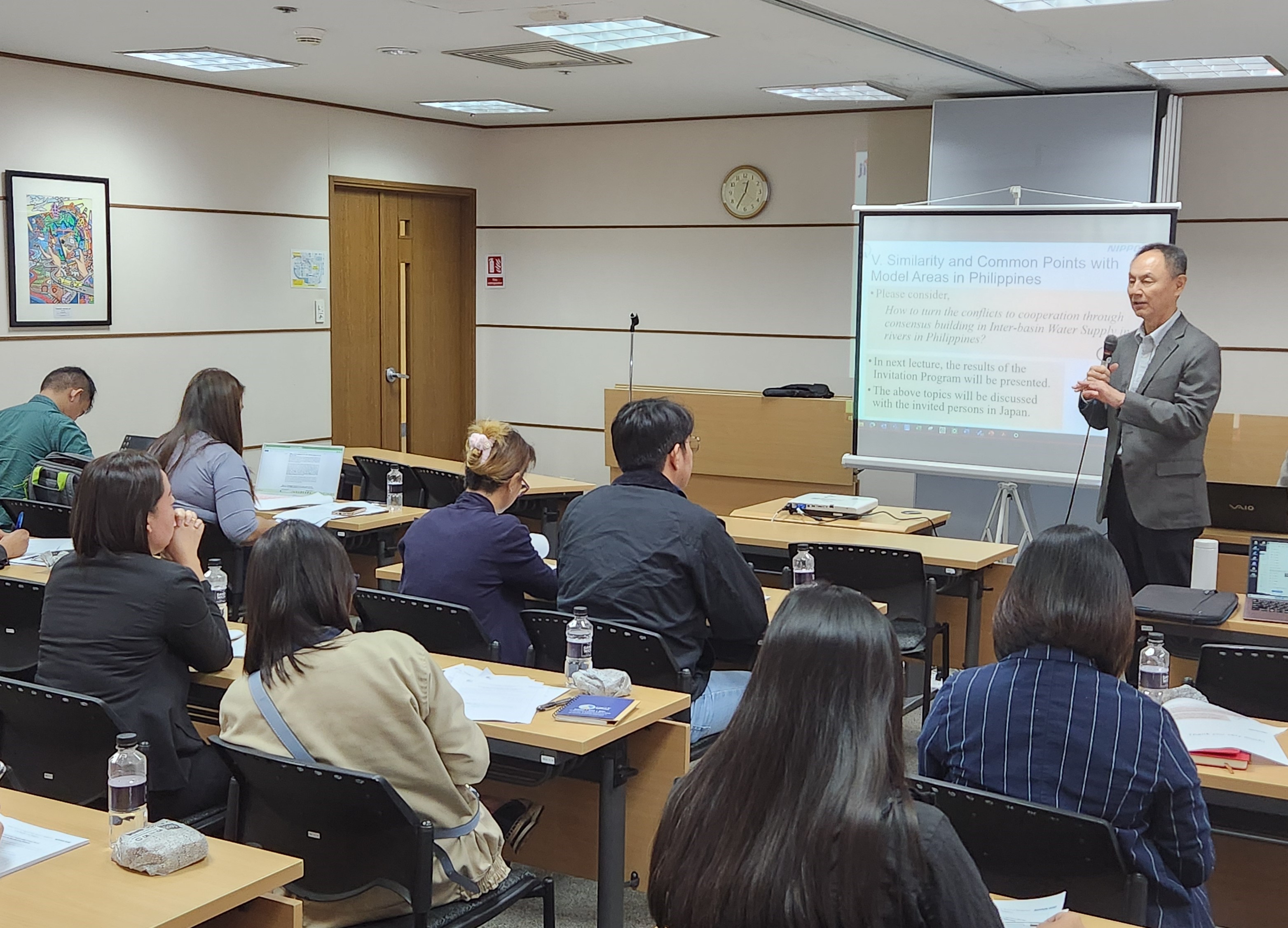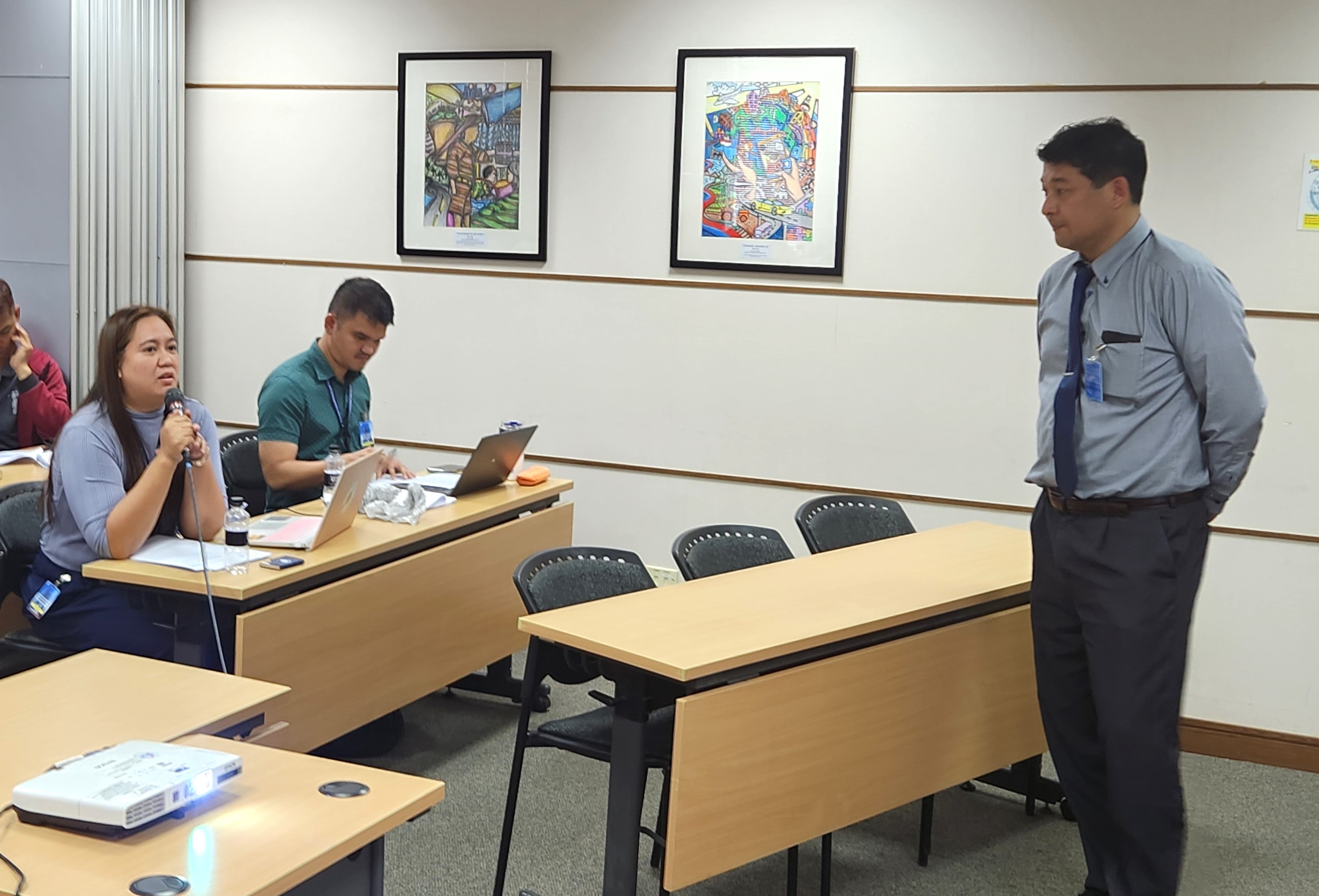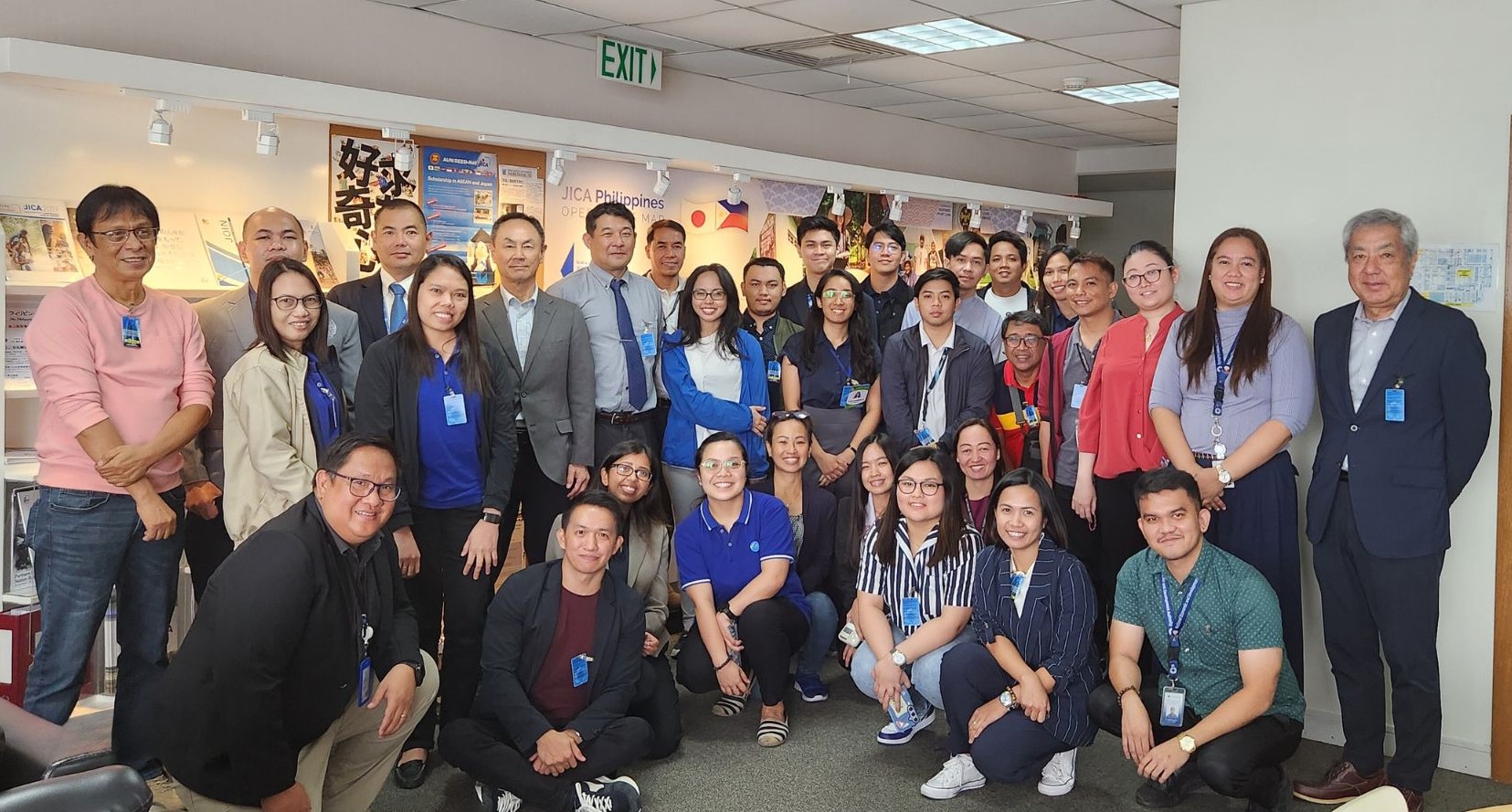Japanese experts support creating laws and consensus in managing PH water resources amid climate change
2024.04.11
Japanese experts in water management are intensively sharing with the Philippines Japan's success ingredients and other experiences and know-how in managing their water resources.
At a seminar held on 20 March 2024 at the Japan International Cooperation Agency (JICA) Philippines Office for a cooperation on Integrated Water Resources Management (IWRM) in the Philippines, under the technical cooperation program of JICA, Japanese experts from JICA stressed the role of laws, policies, institutions, customs, and culture in approaching water resource problems.
"Japan has learned its lessons from its water problems as early as 1915. The pollution in our rivers resulted in many deaths and water-borne diseases. So, the Japanese government tried to address it by creating laws and institutions on water resource management," said NAGATA Kenji, JICA Senior Advisor on water resources.
To solve their water resource challenges, the Japanese government enacted a River Law1 establishing a system where major rivers are managed by national governments as river administrators, and water projects are implemented through coordination with various sectors.
He also explained the salient case of Japan's Kumamoto Prefecture, where the local government tapped stakeholders’ collaboration in managing its water resources. The prefecture has placed a water cycle management involving local governments, universities, research institutions, private sector, and local residents, among others.
The same seminar brought together officials from Philippine government agencies, such as the National Economic and Development Authority (NEDA), Department of Environment and Natural Resources (DENR) – Water Resources Management Office (WRMO) and River Basin Control Office (RBCO), Metropolitan Waterworks and Sewerage System (MWSS), National Irrigation Administration (NIA), National Water Resources Board (NWRB), and National Power Corporation (NPC).
Another Japanese expert from JICA speaking during the seminar, FUKUDA Tadahiro - project team leader from Japanese firm Nippon Koei, underlined the critical importance of consensus building from conflicting interests of stakeholders in IWRM. He said that water supply from Japan's Yoshino River was initially impaired when stakeholders could not agree on systems and policies.
JICA and the Philippine government had been working on Philippine IWRM since 2023 to develop innovative approaches in addressing the country’s water woes. With the Philippine population expected to grow by 113.86 million by 2025 or 138.67 million by 20552, combined with climate change and other factors, it is foreseen that an IWRM is needed more seriously in addressing crucial water needs for food production, industries, living environment, as well as manage water disaster risks and pollution.

JICA Senior Advisor NAGATA Kenji discussing the IWRM Practices in Japan with a Case Study of Cagayan River Basin.

Project Team Leader FUKUDA Tadahiro engaged in entertaining questions during his presentation on the Yoshino River Basin case.

JICA experts, representatives, and participants of the IWRM lecture.
Sources:
1JICA Global Agenda for No.19 Sustainable Water and Resources Management and Water Supply
2 Philippine Statistics Authority
scroll